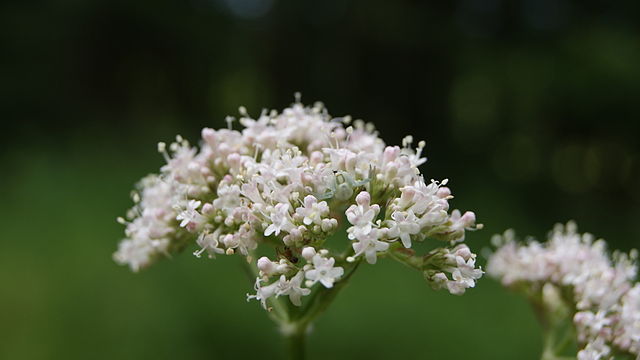Valerian is a herb that has been proven to be effective for insomnia. However, valerian for anxiety is still in question. Many people have reported that they find this herb quite effective in reducing or removing stress and anxiety.v
Historically , valerian has been used as a sleep medication by ancient Greece and Rome. Some herbalists did indeed prescribe it for nervousness and restlessness and found it quite effective at that time.For instance, it was also used in World War II in England to relive the stress of air raids.
More and more, valerian is getting increased attention as an anti-anxiety herb. Because scientists in the lab have pinpointed the manner in which this supplement works to decrease anxiety. It appears that the active ingredient in valerian root called valerinic acid works with the GABAergic system in the body, in the same way as benzodiazepine drugs such as Xanax and diazepam do.The animals in the study who had consumed valerian extract or valerinic acid showed a marked decrease in anxiety as opposed the ethanol control group.
A small group of health care providers are using this supplement as an added support to help people with anxiety disorder. Valerian is also being used to assist those who have shown addictive behaviours with benzodiazepine. Persons who were put on the valerian supplement did not display any of the addictive behaviours .
There are many studies that confirm the benefit Valerian as a relief for insomnia. It is sometimes included with melatonin for better effect. However the research about Valerian for anxiety is still ongoing There are many anecdotal accounts of those who were able to reduce their anxiety and lower their stress level. As the research continues, valerian may prove to be another natural herbal supplement to relieve anxiety.
As with other herbs there are some risks and a talk with your doctor is advisable. This herb is a sedative and care should be taken the same way that you would if you were taking any similar drugs.


